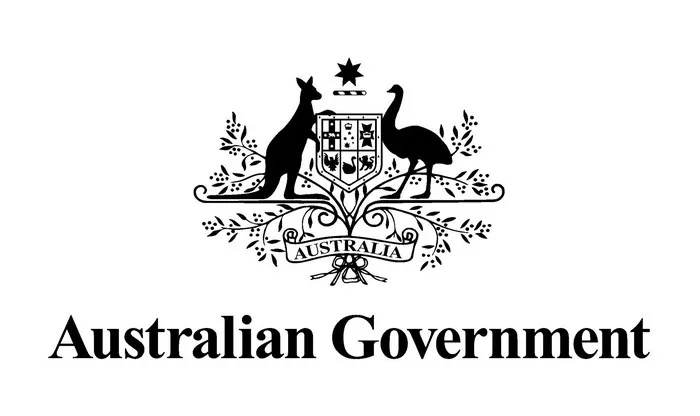Efforts by the Albanese government to withhold information concerning the effectiveness of electronic monitoring have seen success, with concerns raised that transparency might incentivize former immigration detainees to violate the conditions of their ankle bracelet visas.
On Friday, the High Court sanctioned a suppression order on expert testimony regarding the functionality of ankle monitors in a legal challenge against stringent new visa conditions, slated for a hearing as soon as August.
Last November, laws were enacted by the Albanese government, with the support of the Coalition opposition, mandating former immigration detainees, released by High Court rulings, to wear ankle bracelets and adhere to curfews. The legislation imposed minimum penalties of one year in prison for breaches of bridging visa R conditions.
In February, a stateless refugee from Eritrea, identified under the pseudonym YBFZ, initiated a challenge against these laws. Released due to the High Court’s decision on indefinite detention, YBFZ was subjected to curfews and electronic monitoring.
In submissions made on April 30th, Immigration Minister Andrew Giles requested the court to suppress information concerning the operation of electronic monitoring by the Australian Border Force and Buddi Ltd.
This encompassed testimony from a witness regarding the accuracy of the smart tag in utilizing GPS technology to track its location, the frequency of data recording by the smart tag including location, and the frequency of data transmission.
Giles and the Commonwealth contended that the suppression order was imperative for “national security” and to “prevent prejudice to the proper administration of justice”, as the divulgence of such information could reveal “sensitive law enforcement technologies and capabilities”.
They argued that disclosure could lead individuals, including former immigration detainees and serious offenders subject to electronic monitoring in Victoria, to test the capabilities and limitations of their monitoring devices, potentially resulting in breaches of visa conditions.
On Friday, the court granted the suppression order by consensus. While the evidence remains accessible to the court and involved parties, it is withheld from the public.
The court directed the plaintiff to submit written arguments by May 24th, with the defendants to follow by June 14th, setting a schedule that could see the case heard as early as August, following the court’s July recess.
In December, it was revealed that Giles had removed bracelets from individuals contesting their legality in court, resulting in the discontinuation of five early cases challenging visa conditions.
YBFZ faced charges in December and January related to curfew violations and failure to charge his ankle monitor, though these have since been dropped. The case proceeds, with both parties agreeing on pertinent facts for the plaintiff’s pursuit of a declaration on the unconstitutionality of the visa conditions.
Lawyers for YBFZ, represented by Refugee Legal, argue that the curfews and ankle bracelet conditions are punitive and violate the separation of powers.
The practice of bracelet removal sparked controversy after a delegate of Giles, acting on advice from the community protection board, lifted the condition from Majid Jamshidi Doukoshkan’s visa. Subsequently, Doukoshkan and two others allegedly assaulted and robbed a 73-year-old woman in Perth, Ninette Simons, in April.
The Albanese government maintains that curfews and ankle bracelets will withstand legal challenges, emphasizing the establishment of the community protection board to advise on visa conditions as evidence of sound decision-making based on expert advice.
In February, a spokesperson for Giles declined to comment on legal matters or individual cases, deeming it “highly irresponsible” to do so.


